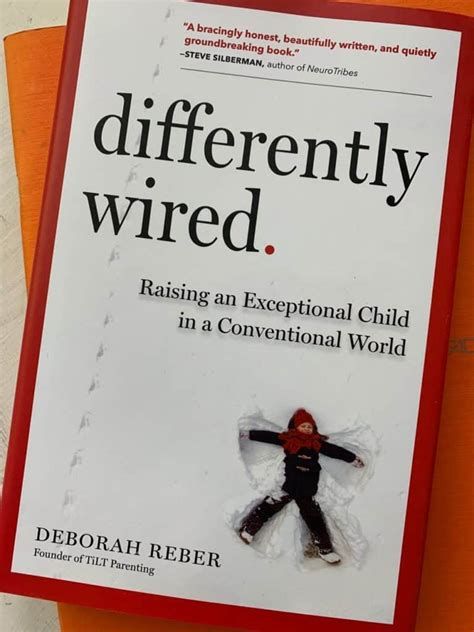Differently Wired: Understanding Neurodiversity
“Differently wired” is a term often used to describe individuals whose brains function in ways that diverge from neurotypical patterns. This concept encompasses various neurological conditions, including autism, ADHD, dyslexia, and others. Recognizing and embracing neurodiversity is essential for fostering an inclusive society that values different ways of thinking and being.
1. What Does “Differently Wired” Mean?
The phrase highlights the idea that neurological differences are a natural variation of human diversity, not simply deficits or disorders. Those who are differently wired may process information, perceive the world, and respond to situations in unique ways. This diversity can lead to strengths in creativity, problem-solving, and innovative thinking.
2. Common Neurodivergent Conditions
- Autism Spectrum Disorder (ASD): A developmental condition characterized by differences in communication, social interaction, and behavior. Individuals with autism may have unique sensory sensitivities and preferences.
- Attention Deficit Hyperactivity Disorder (ADHD): A condition marked by difficulties with attention, impulse control, and hyperactivity. Those with ADHD often exhibit high levels of creativity and energy.
- Dyslexia: A learning difference that affects reading and language processing. Individuals with dyslexia may have strengths in areas like problem-solving and critical thinking.
- Dyspraxia: A condition affecting physical coordination and fine motor skills. Those with dyspraxia may excel in creative or visual tasks despite challenges in coordination.
3. Strengths of Neurodiverse Individuals
- Creative Thinking: Many differently wired individuals think outside the box, leading to innovative solutions and artistic expressions.
- Hyperfocus: Individuals with ADHD, for example, can intensely focus on tasks of interest, leading to high levels of productivity and creativity.
- Attention to Detail: Some individuals on the autism spectrum have exceptional attention to detail, making them adept at tasks requiring precision.
- Unique Perspectives: Differently wired individuals often offer fresh insights and alternative approaches to problem-solving, enhancing collaboration and innovation.
4. Challenges Faced by Neurodivergent Individuals
Despite their strengths, differently wired individuals may encounter challenges, such as:
- Social Interaction: Difficulty in understanding social cues can lead to misunderstandings and isolation.
- Educational Barriers: Traditional educational systems may not accommodate diverse learning styles, leading to frustration and disengagement.
- Stigmatization: Neurodivergent individuals may face stereotypes or discrimination, impacting their self-esteem and mental health.
5. Promoting Acceptance and Inclusion
To create a more inclusive environment for differently wired individuals, consider the following approaches:
- Education and Awareness: Increasing understanding of neurodiversity in schools, workplaces, and communities can reduce stigma and promote acceptance.
- Accommodations: Implementing flexible strategies in educational and work settings can help neurodivergent individuals thrive. This may include alternative teaching methods, quiet spaces, or tailored job roles.
- Celebrating Strengths: Recognizing and valuing the unique contributions of neurodivergent individuals fosters a culture of inclusion and respect.
Conclusion
Understanding and embracing the concept of being differently wired is crucial for creating an inclusive society that values all individuals. By recognizing the strengths and challenges associated with neurodiversity, we can support a more equitable environment that allows everyone to thrive. Promoting awareness and acceptance not only benefits neurodivergent individuals but enriches our communities as a whole.
